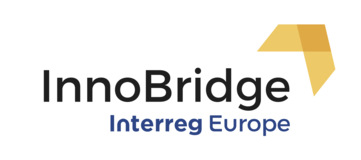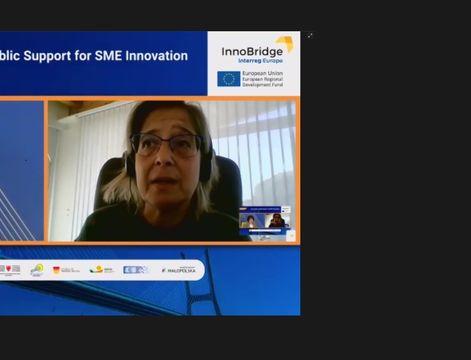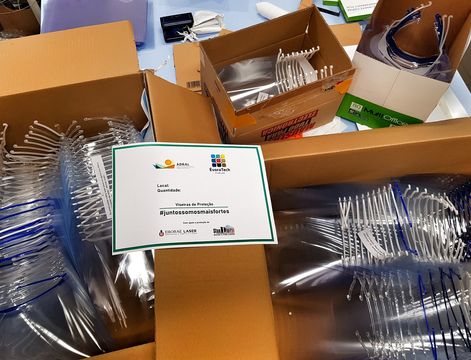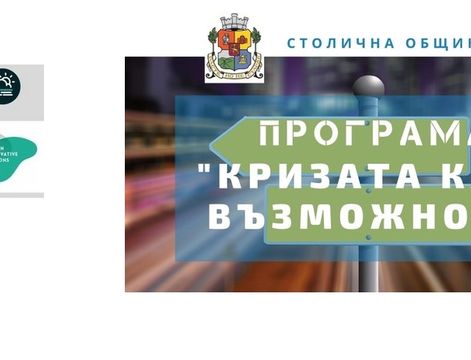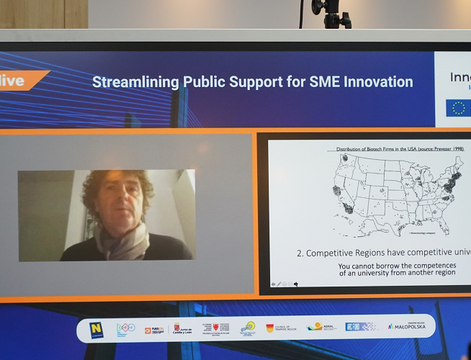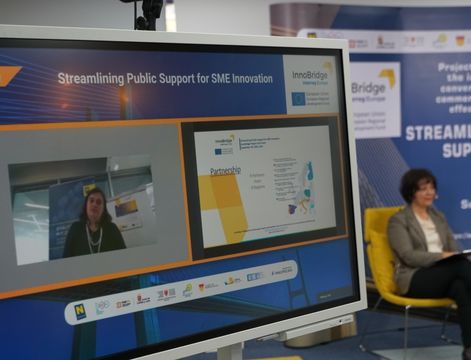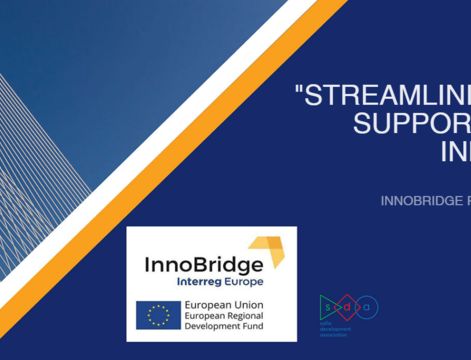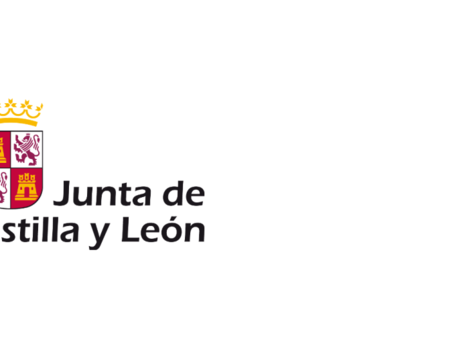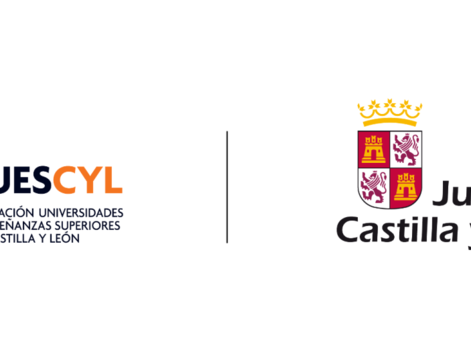Through the Foundation of Universities and Higher Education (FUESCYL), the nine regional universities together with the Ministry of Education of the Regional Government of Castilla y León are part of the TCUE network that is in charge of promoting the knowledge transfer from universities towards companies (TCUE stands for Red de Transferencia de Conocimiento Universidad-Empresa – TCUE in Spain). This Network has developed the 2018-2020 action plan as part of the ERDF Operational Programme for Castilla y León 2014-2020, within the framework of the Regional Strategy for Smart Specialisation (RIS3).
The activities of the Network have led to a significant improvement of the pace of university knowledge transfer in the whole region of Castilla y León. This transfer is understood as a bi-directional relationship that requires continuous interaction between researchers and companies, incorporating interdisciplinary approaches, based on collaboration, cooperation and coordination at the regional level.
One of the activities promoted by the knowledge transfer network in the 2018-2020 TCUE Plan has been the creation of Fab-Lab infrastructures for experimentation, including rapid prototyping and additive manufacturing (3D Printing) by the universities students. These innovation spaces were operating with various levels of maturity within the four public universities before the health emergency crisis started; and after the COVID-19 outbreak, they have become very active in response to the health needs. The critical situation has pushed the Network to focus all its efforts on accelerating and consolidating its collective work in order to respond to the urgent demand.
Through the public universities’ Fab-labs on the one hand and small 3D printing structures belonging to private universities on the other hand, it has been possible to provide support across the regional territory. Indeed, the Network had the ability to take advantage of its regular contacts and continuous connection with the regional actors, to manufacture protective equipment for health personnel and nursing homes. The network includes notably the academic community and research centres, university hospitals, the technology centres and regional clusters networks, the regional government’s councils, local companies, together with various directorates of Castilla y León’s Regional Government (Health Management, the Civil Protection, Security Forces, the Ministry of Development and Environment).
Thus, when the health crisis broke out, despite of the great difficulties imposed by the confinement measures, the Fab-labs of the four public universities in Castilla y León – University of Burgos, University of León, University of Salamanca and University of Valladolid – were able to react immediately, establishing very effective networks of collaboration that allowed boosting manufacturing and the delivery of protective equipment to hospitals and elderly residences. This very important achievement took place in a very short time and under very difficult conditions, thanks to the effort of the personnel linked to these centres and the generosity of the universities. This allows positioning these new infrastructures as an immediate benchmark in terms of additive manufacturing, prototyping and collaboration and it opens up a huge range of future possibilities with different social agents at stake.
These achievements would not have been possible without the generous effort of regional stakeholders (the universities, local companies, other spontaneous citizens’ networks, etc.). All society players have contributed to support the health system and created true value chains organized in groups that have investigated, designed, prototyped, approved, manufactured and distributed protective equipment throughout the entire territory of the Community.
The transformation and adaptation mechanisms that have emerged during the health crisis will be taken into account in the design and preparation of the next RIS for Castilla y León 2021-2027. In particular, the new knowledge transfer plan TCUE will incorporate the tools and instruments that have proven efficient in this new scenario, and delve into their geographical extension and connectivity with other networks.
